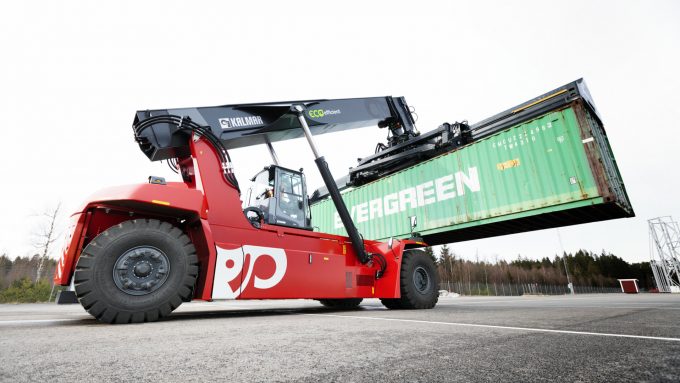Brazil's JBS – world's largest food shipper turns port operator
Moving on the big guys?

DP World and APM Terminals have formed the Zero Emission Port Alliance (ZEPA), which aims to lower the price of battery-electric port equipment through collective bargaining.
The two companies hope this will create a tipping point where ports inside and outside of the organisation are incentivised ...
CMA CGM South Korean staff strike over bonuses after bumper 2024 profit
MSC switches two more Asia-Europe port calls from congested Antwerp
CMA airline returns two freighters, while ANA takeover of NCA looms
Nightmare for Bangladeshi exporters as congestion and tariffs bite
Tradelanes: Export boom in Indian sub-continent triggers rise in airfreight rates
Carriers introduce surcharges as congestion builds at African ports
Ports and supply chain operators weigh in on funding for CPB
Box ship overcapacity threat from carrier appetite for new tonnage

Comment on this article